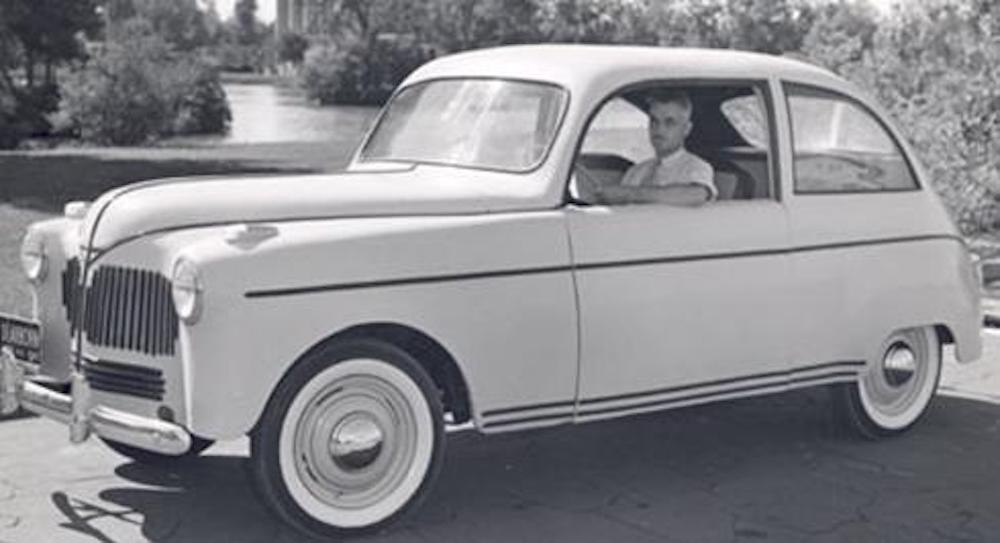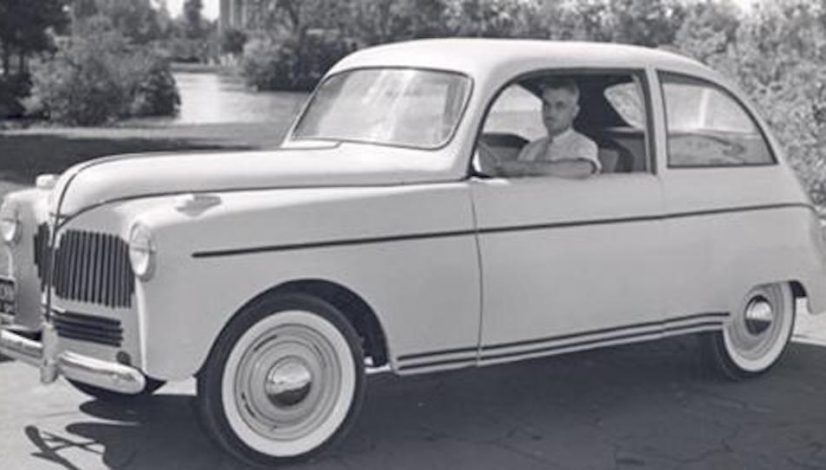The High Hopes For Henry Ford’s Hemp Car
The post The High Hopes For Henry Ford’s Hemp Car appeared first on High Times.
Henry Ford’s hemp car is a popular topic among many. Hemp advocates, environmentalists and engineering enthusiasts all love to talk about the seemingly endless possibilities of a vehicle constructed from and powered entirely by plant material. But was the car everything Ford envisioned? Looking forward, is a hemp car a real possibility?
Henry Ford’s Hemp Car

In December 1941, Popular Mechanics Magazine published a story about a new, innovative design by then-living legend, Henry Ford. Ford’s latest invention: an automobile made (almost) entirely from plant-based plastic. Cars were, and still are, traditionally made from steel and glass.
But this was the 1940s. The world was at war. People—and industries— had to make some sacrifices. American factories needed to use metals and other materials for military supplies.
According to the article, Ford had been working on the plastic car for 12 years. Henry Ford’s hemp car had been in the works since sometime between the end of World War I and the start of World War II. So even though his motivations didn’t lie entirely with supporting the war effort, the reveal came at an interesting time. Not exactly an ideal time, though. Because of the war, car production slowed down. So Ford et al had to put the production of more plastic cars past the original prototype on the backburner. They eventually abandoned it.
According to the Popular Mechanics article, Ford and his partners made the car with “70 percent of cellulose fibers from wheat straw, hemp and sisal plus 30 percent resin binder. The only steel in the car [was] its tubular welded frame.”
It wasn’t entirely made of hemp. But it was almost entirely made of plant material.
According to sources, Ford had wanted the car to run on hemp fuel. The Henry Ford Museum lists the following motivations for the captain of industry to pursue this project:
- Ford wanted to combine agriculture and industry.
- He said a plastic car would be more durable and safer than traditional steel cars.
- Ford wanted to explore the possibility of replacing metals with plastic in cars to avoid disruptions due to war.
Hemp-Based Bio-Fuel
Henry Ford’s hemp car had the potential to operate on hemp fuel. But is hemp fuel even possible? The answer to that is a resounding yes.
A multitude of studies shows that industrial hemp is a viable and, most importantly, sustainable energy source. In 2010, a study from the Univerity of Connecticut even concluded that hemp fuel could be efficiently used at lower temperatures than other forms of biodiesel. Furthermore, according to the press release, “the hemp biodiesel showed a high efficiency of conversion—97 percent of the hemp oil was converted to biodiesel—and it passed all the laboratory’s tests.”
Final Hit: The High Hopes For Henry Ford’s Hemp Car
So we know that a car built using plant-based plastic existed, and we know that hemp-based biofuel can be a greener option for powering vehicles.
But can a modernized version of Henry Ford’s hemp car hit the roads? Absolutely. In fact, it already has been. Just this past summer, Jay Leno test-drove the 2017 Renew Car, which was made out of 100 pounds of hemp.
The post The High Hopes For Henry Ford’s Hemp Car appeared first on High Times.


